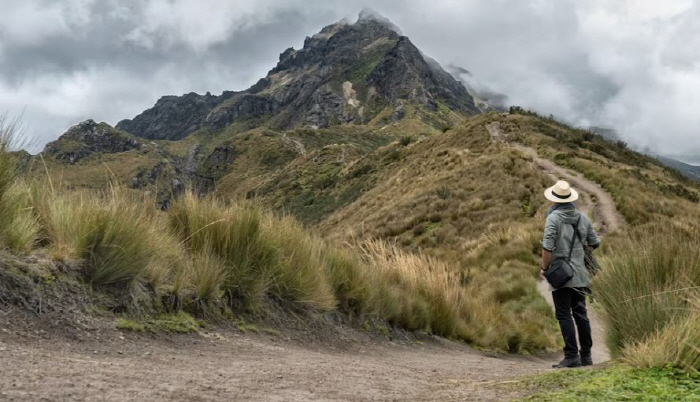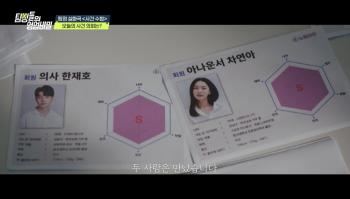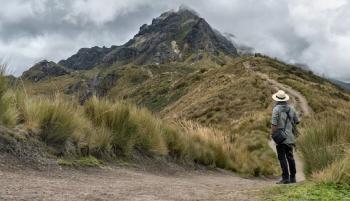If you're preparing to climb the fall mountain, you should check this first
Sep 12, 2025
|
The first thing to check is your health.
If you have chronic diseases such as high blood pressure, diabetes, hyperlipidemia, cardiovascular diseases such as angina, asthma, and allergies, take the drugs you are using as usual. In particular, diabetic patients should bring light snacks, water, and electrolyte drinks to prevent hypoglycemia, avoid hiking if their blood sugar control is poor (e.g., more than 300 mg/dL of fasting blood sugar), and start hiking an hour after meals (or an hour after insulin administration). If blood pressure is not usually controlled in hypertensive patients (e.g., 180/100mmHg or more), it is better to take a walk than to climb, and only those with cardiovascular diseases who can jog lightly should choose to climb. It is recommended to wear thin layers of clothing to cope with temperature changes, and choose functional materials that emit sweat well.
Professor Lee Kyu-bae of the Department of Family Medicine at Korea University Anam Hospital said, `In the early morning or highlands, the temperature drops sharply and blood vessels contract, making it difficult to control body temperature, and the burden on the heart can increase"Especially in the case of elderly patients over 65 years of age, special attention is needed to sudden temperature changes because their ability to control body temperature may be reduced. For those with a history of cardiovascular disease and smoking history, choose a short course with low intensity and travel with your party rather than alone."
If chest tightening pain persists for more than five minutes while hiking, or if you feel a different severe headache than usual, blurred vision, or dizziness with cold sweat, or if you feel a sudden loss of strength in one arm and leg, medical action may be needed immediately.
Professor Lee Kyu-bae said "Even if the symptoms subside after a short break, the cause may not have disappeared, so it is advisable to visit a nearby medical institution."," he said.
"Even if you don't have underlying diseases, if you don't get enough exercise, you can put more pressure on cardiopulmonary function and musculoskeletal system while hiking."It is of paramount importance to understand your physical strength and health status and to choose the intensity and course that suits it. "
While hiking, it is better to drink water little by little to replenish moisture. This is because when you feel thirsty, the initial stage of dehydration may have already begun. Caffeine and alcohol can promote diuretic effects, exacerbating dehydration and reducing a sense of balance, so it is advisable to avoid them before and after hiking. When coming down from the mountain, it is better to use a walking stick to disperse the load because it consumes more physical strength and causes greater joint shock.
|
This article was translated by Naver AI translator.















